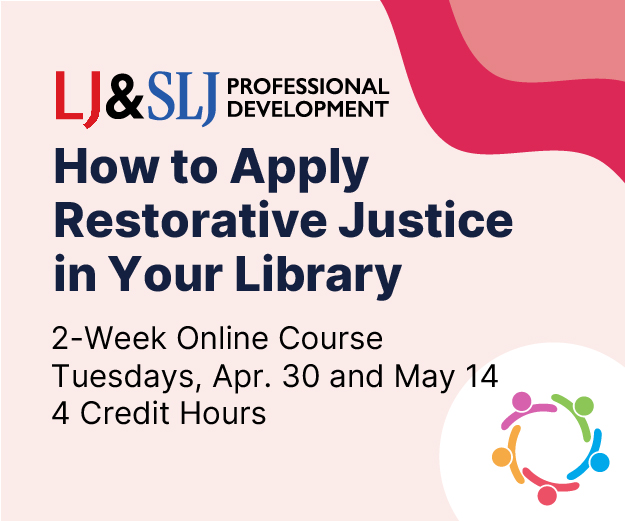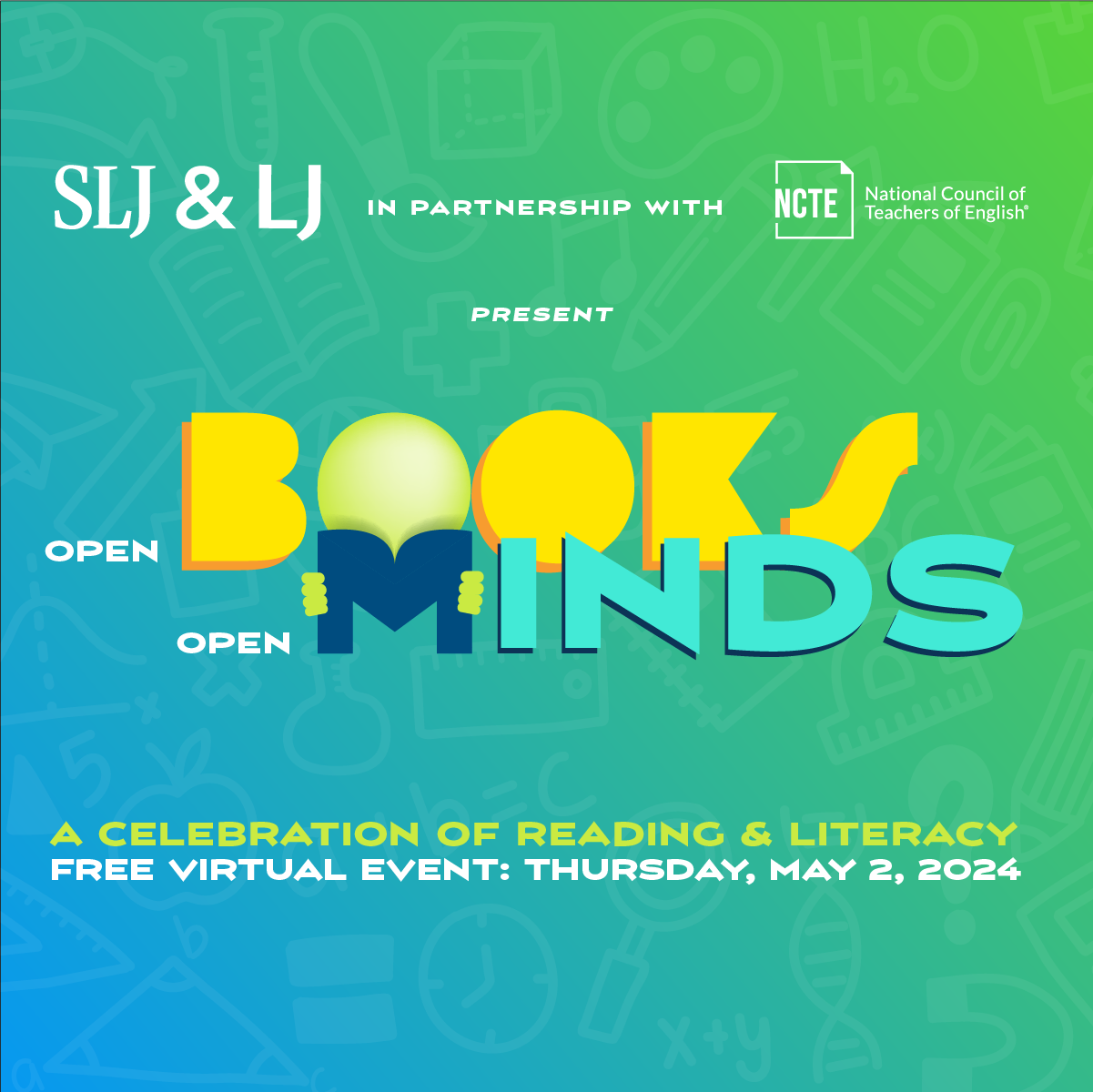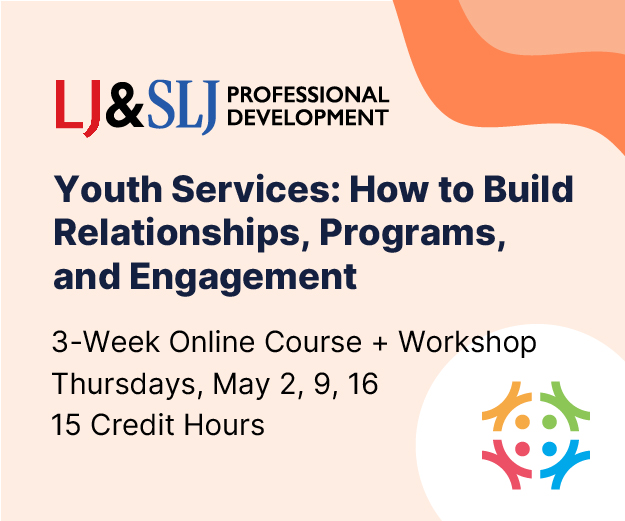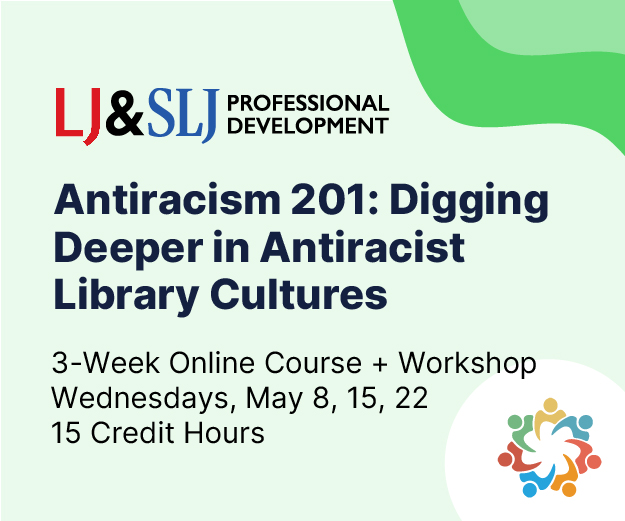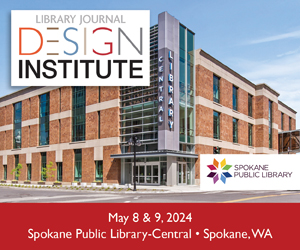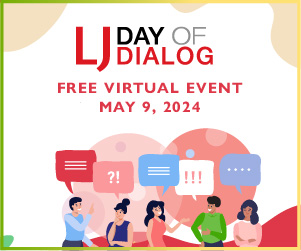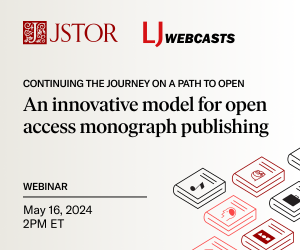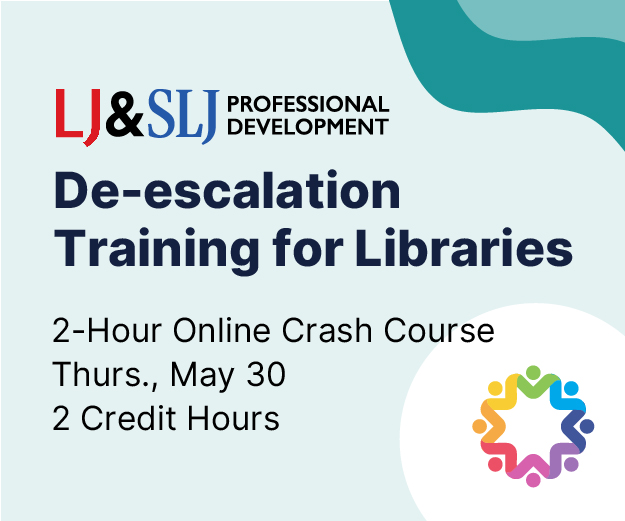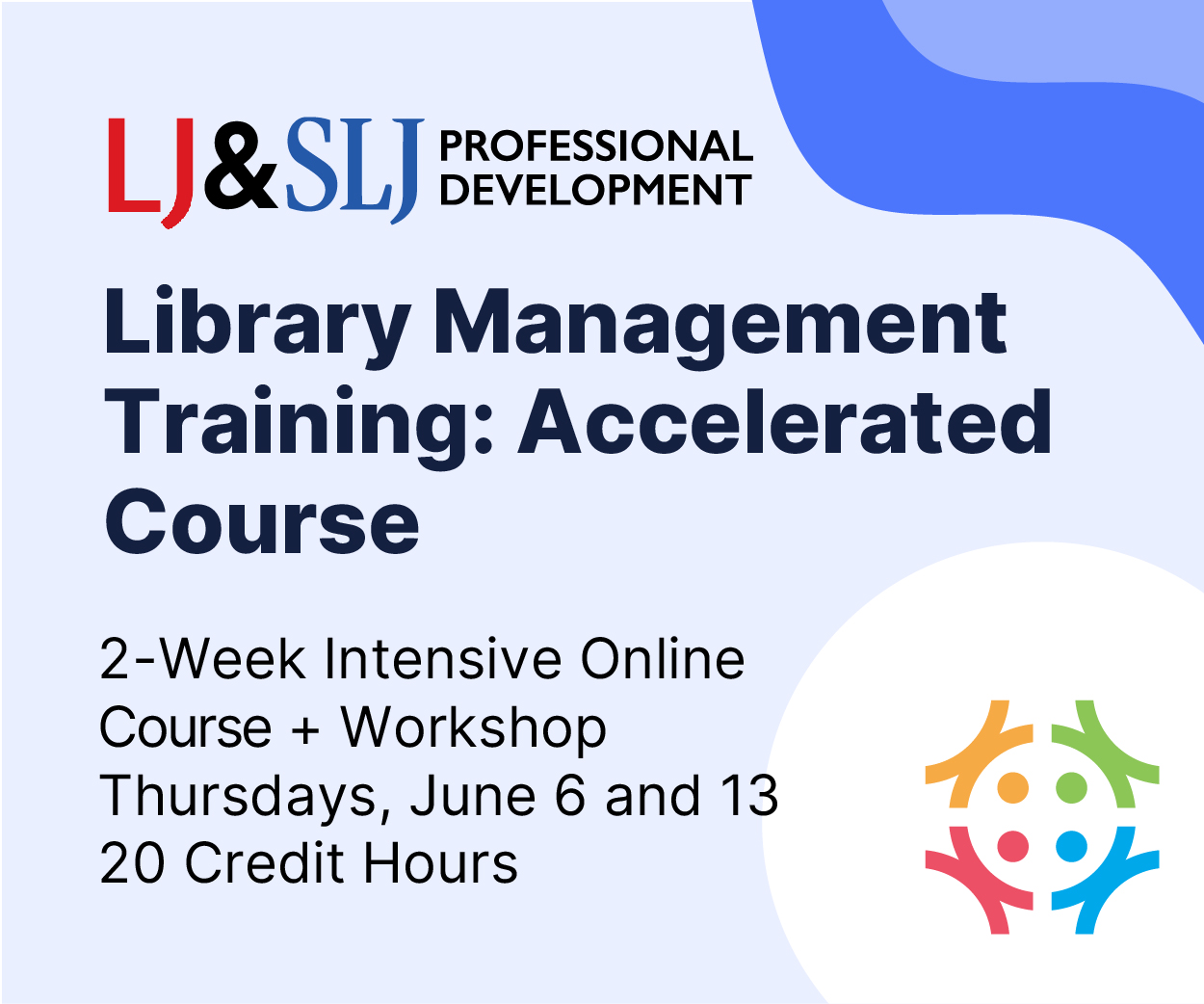On April 25th, join Penguin Random House, Library Journal, and School Library Journal for our Spring 2024 virtual book and author festival, a free day-long event celebrating reading, authors, and librarians everywhere! Enjoy a day packed with author panels and interviews, book buzzes, virtual shelf browsing, and adding to your TBR pile.
Create safer libraries while centering equity, relationships, and accountability.
Experience dynamic and informative content in this day-long virtual conference brought to you by SLJ & LJ in partnership with NCTE. You’ll hear from the rockstars of reading and literacy from authors and teachers to librarians and other education and industry leaders. All of this talent and expertise is coming together to raise up the love of reading.
This online youth services course brings together experts to discuss the most pressing issues for school and youth services librarians today.
Take the next step in your antiracism journey and learn even more you can do to transform your library or classroom culture.
Library Journal is thrilled to once again be hosting our long-running library building and design event in person! And we’re especially excited to be hosting it in partnership with Spokane Public Library. This full-day think tank provides expert panel discussions with architects and librarians, as well as hands-on, architect-led breakout sessions tackling real-life design challenges submitted in advance by attendees. Dig deep with architects, librarians, and vendors to explore building/renovating/ retrofitting spaces both large and small that will redefine the relationship with your users and engage your community. There will be plenty of facetime and networking opportunities throughout the day with colleagues.
For more than two decades, Library Journal’s Day of Dialog has been the most anticipated librarian-only gathering of the year. Now it’s gone digital and is free to attend! The next all-day event is scheduled for May 9, 2024 and will feature a close-up look at the biggest forthcoming books for summer/fall 2024.
Join JSTOR and a panel of Path to Open community members to learn where we are on the path to open access, including program updates, accomplishments, and what we have learned so far. Plus, what they have planned for the future of Path to Open!
In this crash course, you will learn trauma-informed, equity-centered practices for de-escalation in order to maintain a calm environment at your library.
Learn what they didn’t teach you in library school: how to be a library manager.
ALREADY A SUBSCRIBER? LOG IN
We are currently offering this content for free. Sign up now to activate your personal profile, where you can save articles for future viewing

